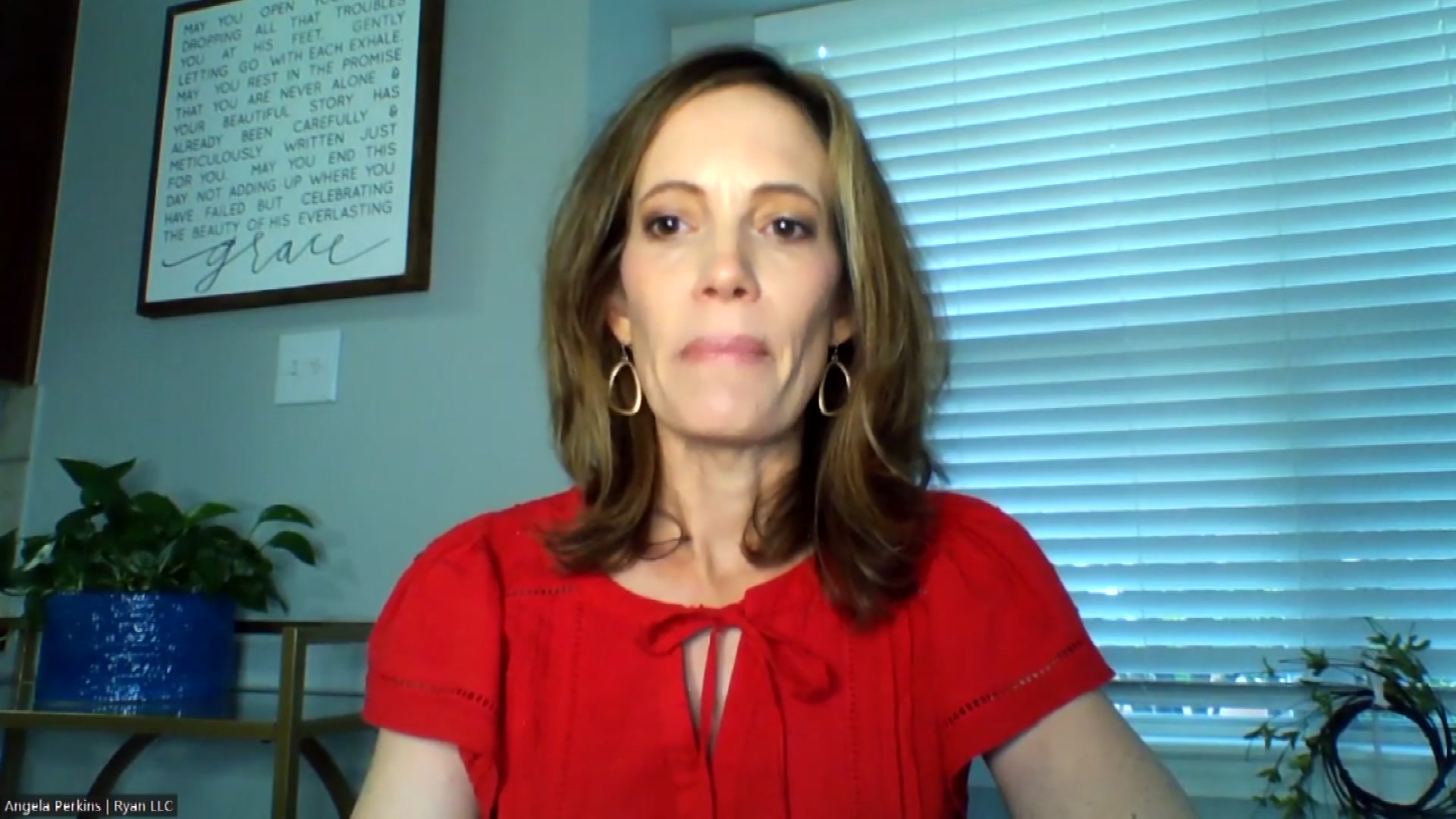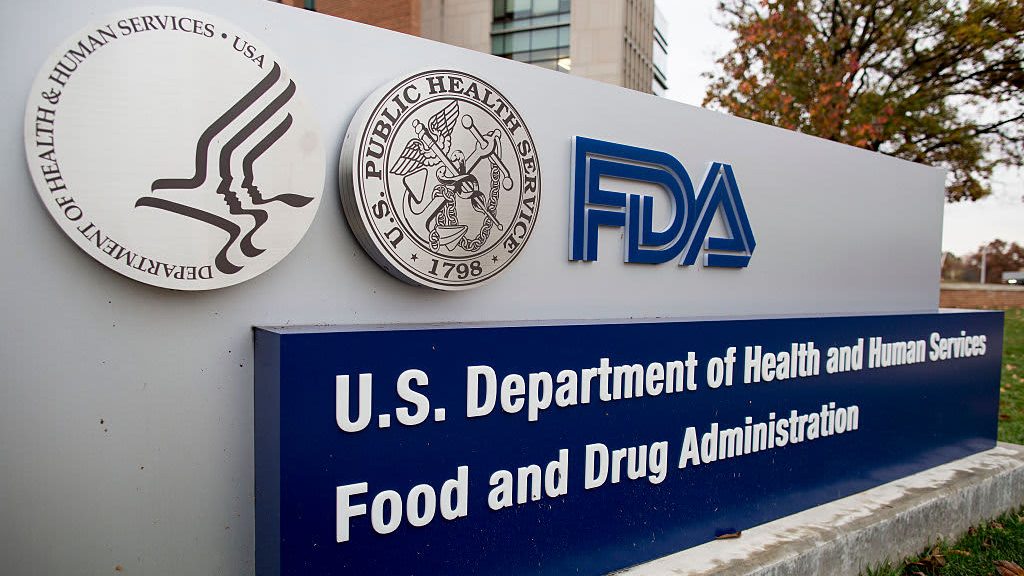National Fentanyl Awareness Day is on Sunday, Aug. 21. Across the country, communities rallied to shine a light on a problem plaguing countless families.
In Flower Mound, teens and their parents gathered to gain understanding about the deadly drug and tools to hopefully avoid tragedy.
It was the pain of her own loss that moved Kathy O’Keefe to action. When her son died of a drug overdose twelve years ago, fentanyl wasn’t on the radar. Today, the drug has infiltrated communities with deadly consequences.
“I want people to understand it can happen to you. It does happen in Flower Mound. It does happen to good families that go to church and are close," O'Keefe said. "It can happen.”
Get DFW local news, weather forecasts and entertainment stories to your inbox. Sign up for NBC DFW newsletters.
O’Keefe hosted a panel discussion at Flower Mound High School where law enforcement said they’ve seen an increase in fentanyl over the last eighteen months. Eduardo Chavez is a special agent in charge of the Dallas Drug Enforcement Administration and was a part of Sunday’s panel.
HEALTH NEWS
“Ask that question. Make it uncomfortable,” said Chaves. "Because people's lives depend on it.”
He said in the DFW region last year, the Dallas DEA seized more than 600,000 pills containing fentanyl. This year, they’re on track to double that number.
“That is alarming, only because there is no experimentation when it comes to fentanyl,” Chaves said. “Two milligrams are a lethal dose.”
According to the United States DEA, fentanyl is about 100 times more potent than morphine. NARCAN was available to families in Flower Mound as a life-saving measure in the event of an overdose.
“It takes hard conversations at home. It takes not avoiding that elephant in the room,” said Chaves.
On National Fentanyl Awareness Day and beyond, O’Keefe said her hope is that less families experience what hers has.
“It’s so important for us to open those doors,” she said. “Make people pay attention.”
For information or resources visit https://wtf-winningthefight.org/ or call the Substance Abuse and Mental Health Services Administration at 1-800-662-4357.




